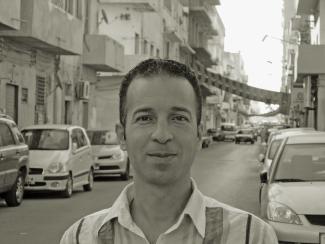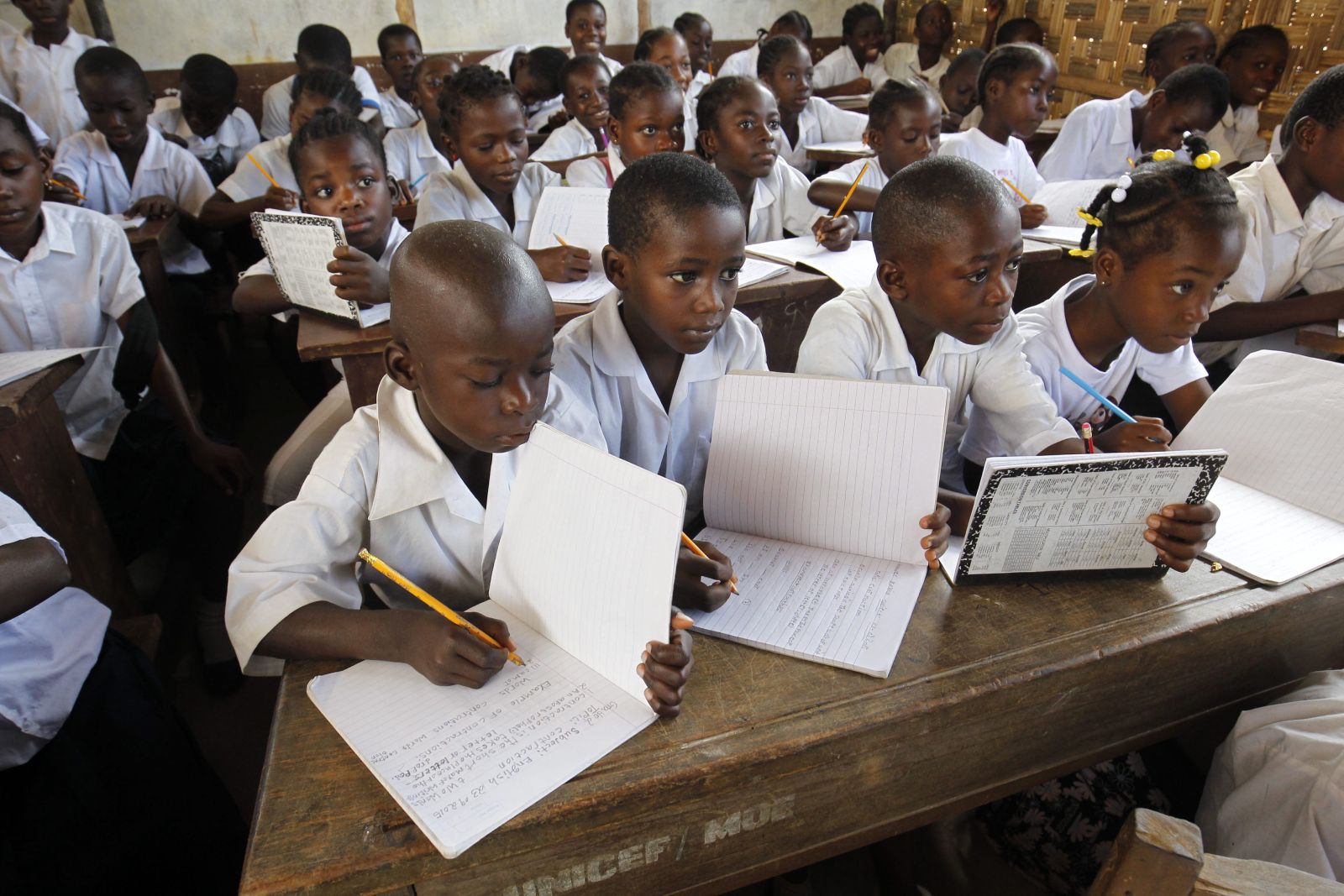Education
Studies versus war

“Most schools in our area are closed due to continuous shelling,” says Jamila Almagtoof, a teacher at the Aljanoobiya Girls School in Zawia, a city on the coast of the Mediterranean Sea, about 50 kilometres west of Tripoli. The school has around 300 students, most of them traumatised by the violence.
“We are sick and tired of hearing explosions and rockets,” Almagtoof explains. “No one is safe here. We all could die. I go to school every day, but my own children stay at home because their school is closed. The roads in the area are almost empty. Joudaim, a town east of Zawia, is now like a ghost town. Even my husband does not want to leave our house.”
Naima Shalabi, head teacher at Aljanoobiya Girls School, says the stress has caused conflicts within the staff: “Most teachers welcomed the start of the school year despite the security situation and considered the school administration decision to approve the start of school year as courageous.” She adds: “Some teachers think this decision is risking lives of children.”
Hundreds of primary and secondary schools in Libya have closed indefinitely or postponed classes until later. Some parts of the country like the South or the mountain areas in the West are hardly affected by the fighting, while in Tripoli or in the East, the situation is volatile. Benghazi education officials issued a report in September, stating that 63,000 students and more than 8,500 teachers are not able to go to schools in conflict zones. Those schools which are open have to accommodate pupils who are internal refugees, often with improvised schedules that include night classes.
In Joudaim, Islamic militants have been using the cafeteria in the Joudaim Martyrs School as their field kitchen – obviously, without the education ministry’s permission.
The school’s administrators in schools which have been used to accommodate displaced people, have arranged for students and teachers to be transferred to other schools that are vacant in the evening and they have managed to do so in some schools.
“We got a letter from the ministry to accept displaced students in our schools,” said Nahla Hawwas, a school inspector in Zawia. “But, to be honest, we did not receive any one of them yet.”
Interruptions are affecting universities as well. “Most students are back,” says Ismail Ikesh, the faculty dean at Zawia University’s School of Pharmacy. “But we are facing the problem that teaching staff from Tripoli cannot join us because of the fighting taking place along the road between Zawia and Tripoli.” Ultimately, the war is eroding education in Libya.
Reda Fhelboom is journalist, TV anchor and human rights activist. He lives in Tripoli, Libya.
fhelboom@yahoo.com









